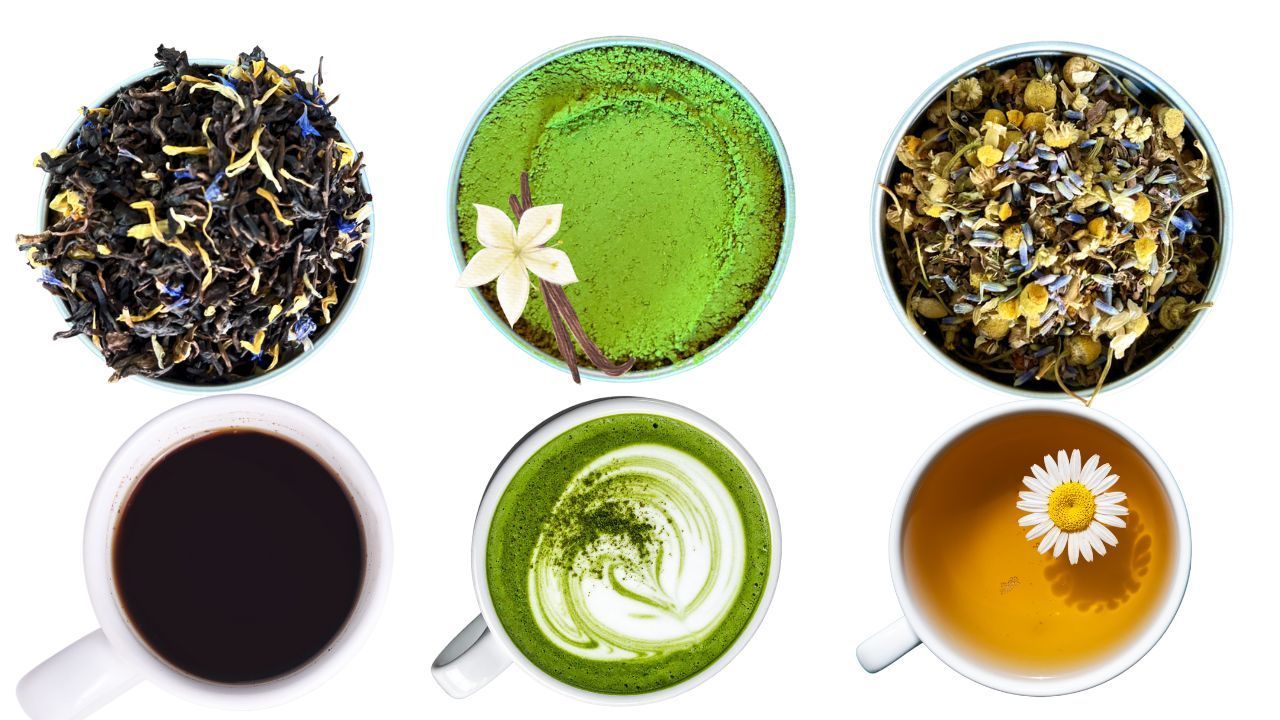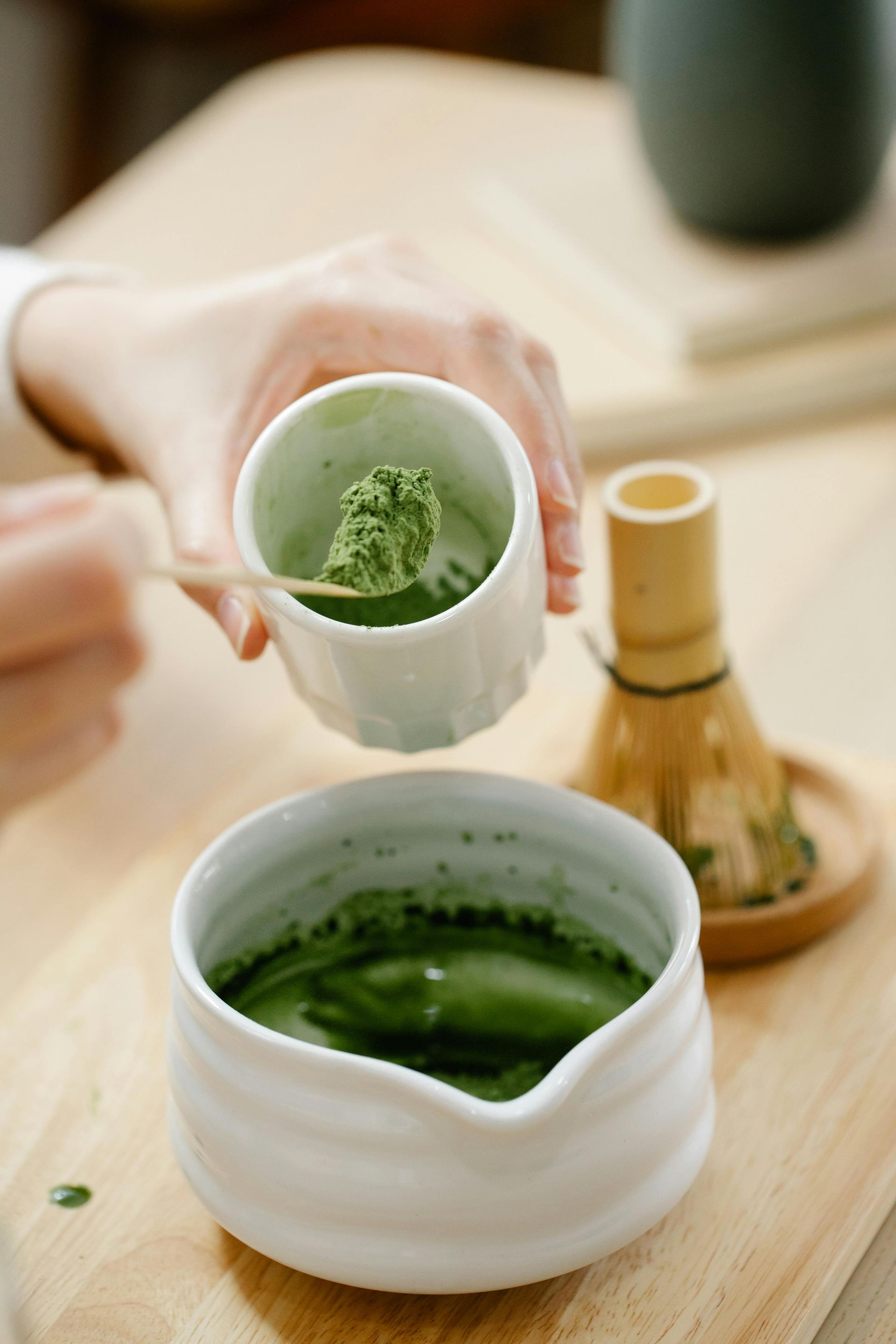Decaf Tea /How does Tea loose it's Buzz?
Deaf Tea /Tea without the Buzz

Decaf Tea: How Does It Lose Its Buzz?
So, you love tea, but caffeine has you bouncing off the walls like a hyperactive squirrel? Enter decaf tea—the chill cousin of your favorite brews. But how exactly does tea lose its caffeine without losing its soul? Let’s break it down.
The Decaffeination Process: How Tea Gets a Caffeine Detox
Tea leaves don’t just wake up one morning and decide to be decaf. It takes a little science (and a lot of soaking) to remove caffeine while keeping those delicious flavors intact. Here are the most common methods:
1. CO₂ Method (The VIP Treatment)
• The tea leaves take a fancy spa day in pressurized carbon dioxide, which targets caffeine and extracts it without messing with the tea’s flavor.
• Pros: Keeps most of the tea’s antioxidants and taste.
• Cons: More expensive—but hey, quality costs!
2. Water Processing (The Gentle Giant)
• Tea leaves are soaked in hot water, which pulls out the caffeine (along with some flavors). Then, the liquid is filtered to remove caffeine before being reabsorbed by the tea leaves.
• Pros: Natural and chemical-free.
• Cons: Can dull the flavor a bit—think of it as tea with a slight memory loss.
3. Ethyl Acetate (The Fruity Fixer)
• Tea leaves take a dip in ethyl acetate (a compound found in fruit). This method is often called “natural decaf” because ethyl acetate occurs naturally.
• Pros: Common and affordable.
• Cons: Can leave a slight fruity aftertaste—sometimes pleasant, sometimes a little “off.”
4. Methylene Chloride (The Old-School Way)
• A solvent removes caffeine while preserving flavor, but this method has fallen out of favor due to health concerns.
• Pros: Keeps tea flavors intact.
• Cons: Not as widely used anymore due to safety debates.
Does Decaf Tea Lose Its Benefits?
A little, yes—but not enough to make you swear off your nightly cup. Some antioxidants and polyphenols may get lost in the process, but decaf tea still has plenty of goodness left. You’ll still get those digestion-friendly, heart-happy, immune-boosting benefits—just at a slightly lower level.
What About Taste?
• CO₂-processed teas keep their original taste best—you might not even notice a difference.
• Water-processed teas can taste a little lighter since some flavors wash away.
• Ethyl acetate teas may have a mild fruity note.
• Methylene chloride teas (if you find them) taste the most like regular tea.
Final Sip: To Decaf or Not to Decaf?
If caffeine turns you into an over-caffeinated gremlin but you still want to sip your favorite tea, decaf is a great option. Just choose a method that preserves as much of the flavor and benefits as possible (CO₂ is the gold standard!).
Or, if you want a truly caffeine-free experience, go for herbal teas like chamomile, rooibos, or peppermint. No caffeine, no processing—just pure, natural zen in a cup.
Whatever you choose, sip happily and stay tea-lightful!
Love Red











